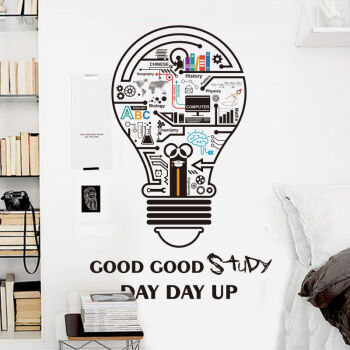黔西南州2023-2024学年度高一第二学期期末教学质量监测(241946D)英语
黔西南州2023-2024学年度高一第二学期期末教学质量监测(241946D)英语试卷答案,我们目前收集并整理关于黔西南州2023-2024学年度高一第二学期期末教学质量监测(241946D)英语得系列试题及其答案,更多试题答案请关注本网站

1、黔西南州2023-2024学年度高一第二学期期末教学质量监测(241946D)英语选择部分

12.Who could probably attend the party?A.Dave and Mary. B.Roy and Julia.C.Tom and Janet.
2、黔西南州2023-2024学年度高一第二学期期末教学质量监测(241946D)英语填空题部分
2. 科学的发展与我们的日常工作紧密相连,没有科学就没有社会的进步;
3. 个人看法:尽最大努力为科学的发展做出贡献。
Science and Our Everyday Life
_____________________________________________________________________________________________________________________________________________________________________________________________________________________________________________________________________________________________________________________________________________________________________________________________________________________________________________________________________________________________________________________________________________________________________________________________________________________________________________
_______________________________________________________________________________________________________________________________________________________________________________________________________________
参考答案
一、1.discovery 2.influences/affects 3.suggest 4.mobile phones 5.development
3、黔西南州2023-2024学年度高一第二学期期末教学质量监测(241946D)英语阅读理解部分
C. The Power of Self-Reference Effect
D. The Importance of Mental Time Travel
D
With its 1.2million LED lights shining brightly against the Las Vegas night, the Las Vegas Sphere may well be the ultimate symbol of 2020s overuse. But that gigantic entertainment space is also something else: a symbol of the coming conflict between our climate goals and our seemingly insatiable(永不满足) appetite for stuff.
In the 1990s, multicolor LED lights were invented to prevent climate disasters by greatly reducing the amount of electricity we use. After all, LED lights use 90percent less energy and last around 18 times longer than incandescent bulbs(白炽灯).Yet the amount of electricity we consume for light globally is roughly the same today as it was in 2010. That's partly because of population and economic growth in the developing world. But another big reason is that as technology has advanced, we've only grown more wasteful.
There's an economic term for this: the Jevons Paradox, named for the 19th-century English economist William Stanley Jevons, who noticed that as steam engines became ever more efficient, Britain's appetite for coal increased rather than decreased. The logic of Jevons is that instead of banking the efficiency savings we make as technology advances, we go out and spend it.
Today, you can see examples of the Paradox everywhere. When residents in England installed home insulation, their overall heating energy demand soon rebounded, ending up at about the same level as it was before: The residents had apparently chosen to turn up their thermostats(温控器) and live in warmer homes.


